
The date for the AdComm and the new PDUFA date are yet to be announced.

The date for the AdComm and the new PDUFA date are yet to be announced.
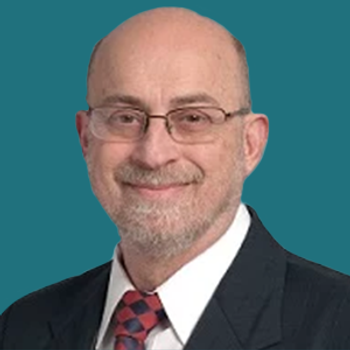
Eli Lilly’s small interfering RNA therapy showed significant serum reductions with a single dose while remaining well-tolerated. A larger phase 2 study is currently ongoing.

AskBio presented data from a phase 1/2 trial of AB-1002 gene therapy at the AHA Scientific Sessions 2023 meeting.
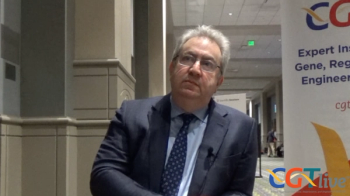
The director of the Mass General Brigham Gene and Cell Therapy Institute shared his main message for cardiologists at the American Heart Association’s Scientific Sessions 2023.
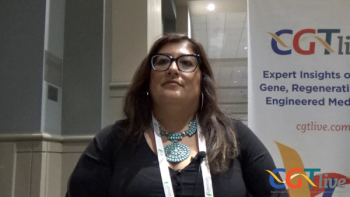
The professor of medicine at University of California San Diego discussed promising preclinical findings she presented at the American Heart Association’s Scientific Sessions 2023.
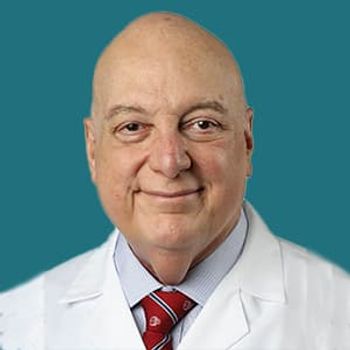
Data on zilebesiran from the KARDIA-2 trial, in combination with other hypertension medicines, are expected in 2024.
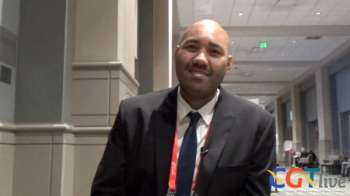
The postdoctoral research fellow at Cedars Sinai Medical Center discussed preclinical research he presented at the American Heart Association’s Scientific Sessions 2023.
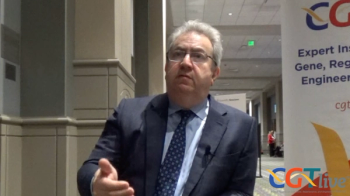
The director of the Mass General Brigham Gene and Cell Therapy Institute discussed the history and future of gene therapy in cardiology at the American Heart Association’s Scientific Sessions 2023.

One serious AE of myocardial infarction may have been related to VERVE-101 therapy while other AEs of fatal cardiac arrest and tachycardia were determined to be unrelated to the therapy.

The median progression-free survival was 11 months and the SCG101 was well-tolerated.
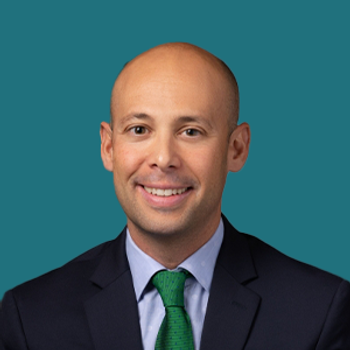
Microsatellite instability (MSI) tumors are frequently found in people with Lynch syndrome, one of the most common hereditary colorectal cancers.
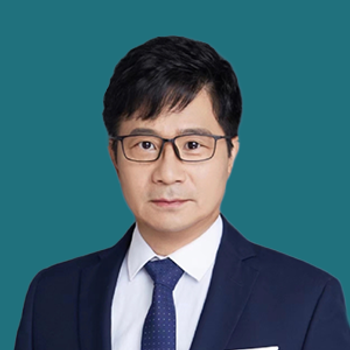
BRL Medicine is also enrolling a phase 1/2 multicenter trial evaluating BRL-201 at lower dose ranges.
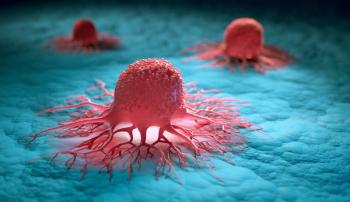
The BASECAMP-1 screening study has now identified 28 patients whose solid tumors are positive for HLA-A*02 LOH.
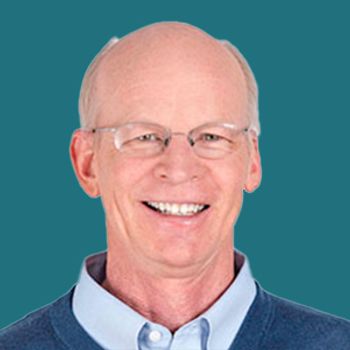
David Rawlings, MD, the director of the Center for Immunity and Immunotherapies at Seattle Children's Research Institute, discussed findings from several preclinical studies that could help push engineered B-cell therapies towards clinical trials.
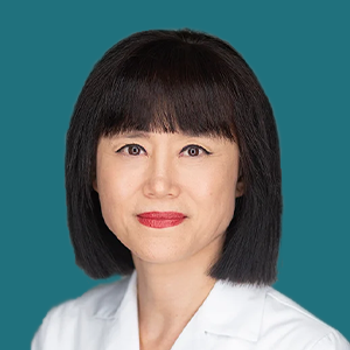
Patients with HNSCC had a median overall survival (OS) of 20.8 months and a 12-month OS rate of 59%.
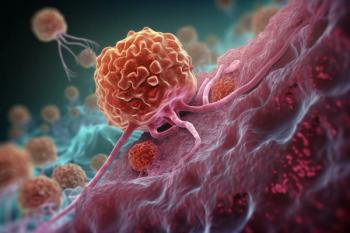
In terms of safety, it was noted that repeated administration of CAR mRNA/LNP was well-tolerated by mice.
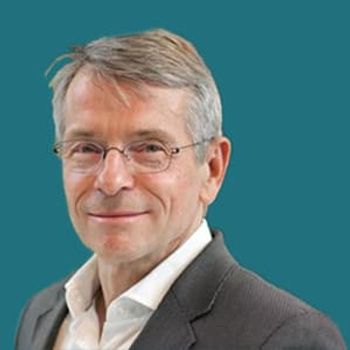
CARVac RNA vaccine may amplify the persistence of the BNT211 CAR T-cell therapy.
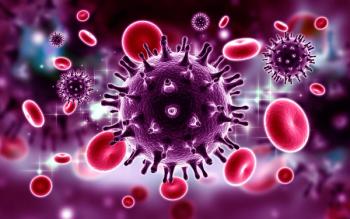
Excision plans to escalate the trial of EBT-101 to the second dose level in the fourth quarter of 2023.

The therapy has been well-tolerated in the first 3 participants which also showed GCase expression in the plasma.
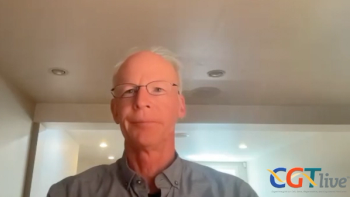
The director of the Center for Immunity and Immunotherapies at Seattle Children's Research Institute discussed preclinical research on overcoming limitations of Treg cells through genetic engineering.
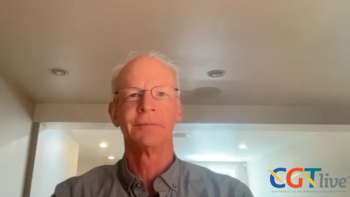
The director of the Center for Immunity and Immunotherapies at Seattle Children's Research Institute discussed findings from several preclinical studies that could help bring engineered B-cell therapies to clinical trials.
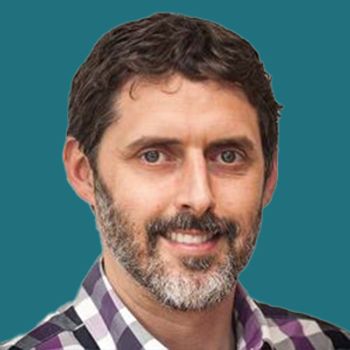
Richard James, PhD, an associate professor at the University of Washington and a principal investigator at Seattle Children's Research Institute, discussed a potential alternative to T-cell therapy in cancer.
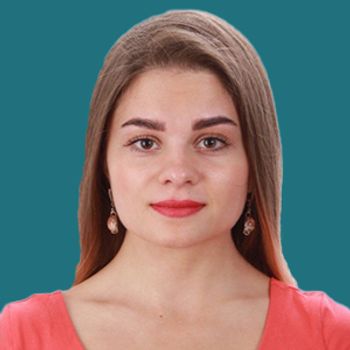
Nadezhda Omelchenko, MD, a research associate at Cancer Center of Southern California in Santa Monica, discussed findings from patients treated with a combination therapy that included NK cell therapy SNK01.
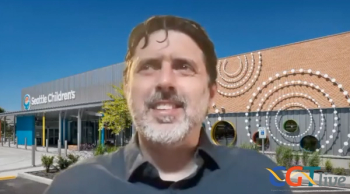
The associate professor at the University of Washington, and principal investigator at Seattle Children's Research Institute discussed results from a leukemia mouse model.
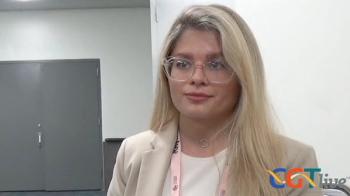
The research associate at Cancer Center of Southern California in Santa Monica discussed findings from 3 patients treated with a combination therapy that included NK cell therapy SNK01.
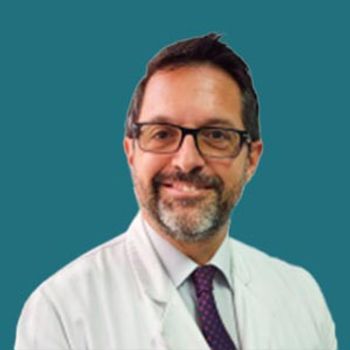
Juan Francisco Cabello, MD, the head of the Pediatric Neurology Fellowship Program at the University of Valparaíso in Chile, discussed factors holding back more widespread adoption of newborn screening for indications treatable with gene therapy.
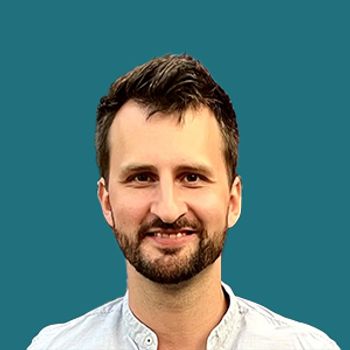
Sebastian Michels, MD, a postdoctoral fellow and member of the La Spada Lab at University of California, Irvine, discussed how his lab’s findings may open the door to developing RNA therapeutics for ALS.

Juan Francisco Cabello, MD, the head of the Pediatric Neurology Fellowship Program at the University of Valparaíso in Chile, discussed the current state of newborn screening and what needs to change.
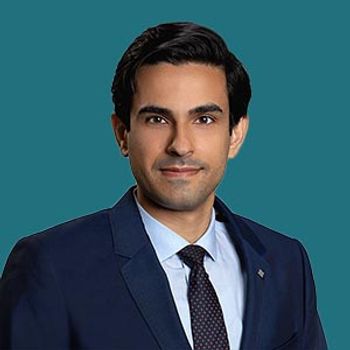
Sattar Khoshkhoo, MD, the founding director of the Epilepsy Genetics Clinic at Brigham and Women's Hospital, spoke about how his lab’s findings may imply a need to rethink epilepsy treatment development.
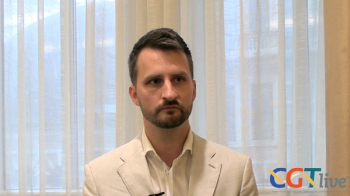
The postdoctoral fellow and member of the La Spada Lab at University of California, Irvine, discussed findings he presented at ANA’s 2023 conference that may have implications for future RNA therapy development.